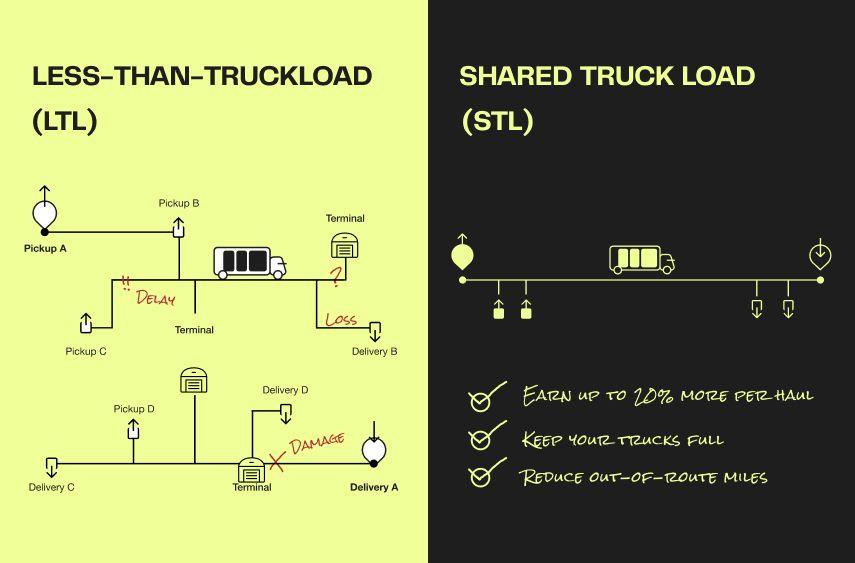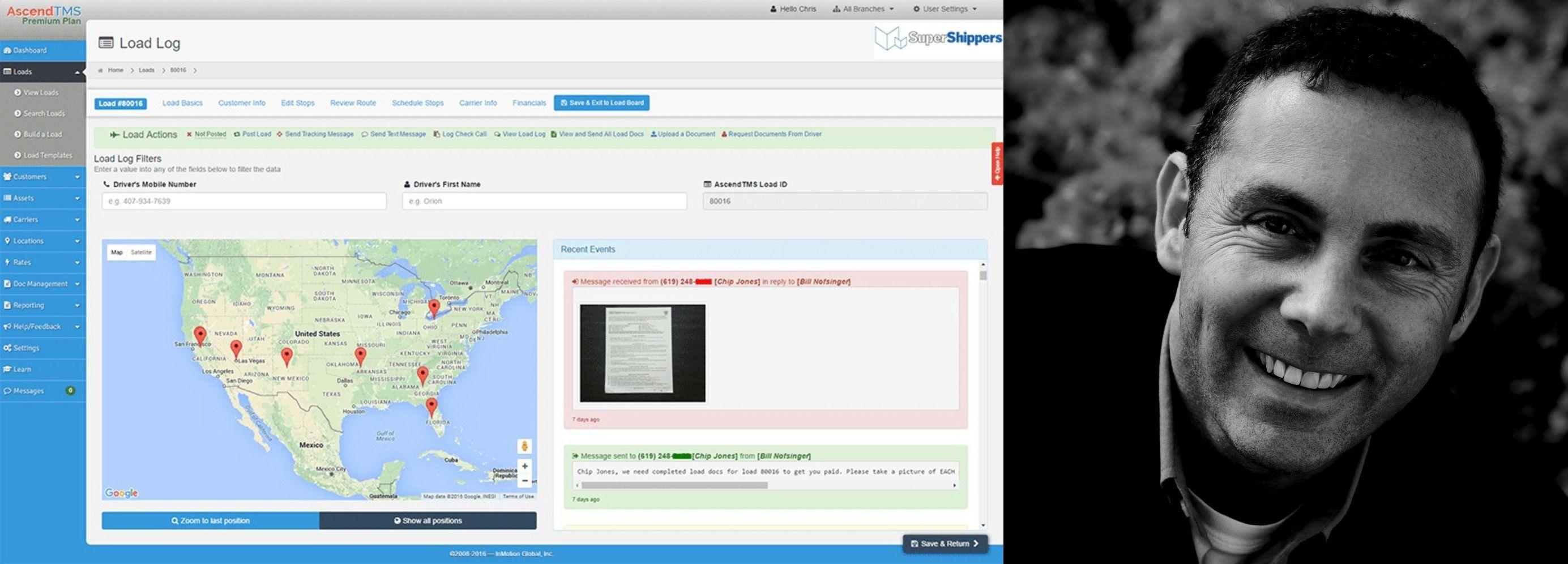
Financial Strategies for Small Trucking Businesses
A Friendly Guide in Some of the Essential Financial Strategies for Small and Startup Carriers to Stay Competitive, Profitable, Up-To-Date, and Relevant
The trucking industry is highly competitive, and for small trucking businesses, staying afloat requires strategic financial management. With rising operational costs and fluctuating market demands, understanding and implementing effective financial strategies is crucial. This article outlines key financial strategies that small trucking businesses can adopt to stay competitive and maintain profitability.
According to the American Trucking Associations (ATA), over 97% of trucking companies operate fewer than 20 trucks, and 91% operate six or fewer. This dominance of small operators highlights the need for efficient financial strategies tailored to their unique challenges and opportunities.
Fuel Management
Fuel is one of the largest expenses for trucking companies, accounting for about 24% of total operational costs, according to the American Transportation Research Institute (ATRI). To manage this cost:
- Efficient Route Planning: Use GPS and route optimization software like Truckerpath to find the most fuel-efficient routes.
- Fuel Cards: Utilize fuel cards that offer discounts and track fuel expenses. Assess your usage based on the lanes you run more frequently; focusing on one diesel provider rather than multiple (such as Pilot, Flying J, Sheetz, Love’s, etc.). Most of these companies have their own fuel card and loyalty programs, allowing you to build points with consistent use.
- Maintenance: Regular maintenance to ensure the engine and tires are in optimal condition can improve fuel efficiency by up to 10%. Build a good relationship with a diesel shop near your home base for regular preventative maintenance, reducing the need for costly roadside repairs.
Maintenance
Maintenance and repairs account for approximately 10% of total operational costs. Preventative maintenance is crucial:
- Scheduled Maintenance: Adhering to a regular maintenance schedule can prevent costly breakdowns.
- Reliable Suppliers: Establish relationships with trustworthy mechanics and suppliers for better rates and quality service.
- Telematics: Use telematics to monitor vehicle health and predict maintenance needs, reducing unexpected repair costs.
Insurance
Insurance costs can significantly impact a trucking business’s bottom line, averaging about 4% of total operational costs.
- Shop Around: Compare insurance providers to find the best rates.
- Coverage Assessment: Ensure that the coverage matches your needs without paying for unnecessary extras.
- Safety Programs: Implement safety programs to reduce accident rates, which can lower insurance premiums over time.
Budgeting
A detailed budget helps track all expenses and revenues, providing a clear picture of financial health.
- Expense Tracking: Use accounting software to track every expense, from fuel to maintenance. Try to build your fixed expenses at a value per mile; this provides more insight into profitable versus non-profitable jobs.
- Revenue Management: Monitor income sources and identify any inconsistencies or areas for improvement. This can range from deadhead reduction by picking lower-paying lanes to advance backhaul planning.
Cash Flow Management
Maintaining positive cash flow is critical for operational sustainability. This should encompass your overall operating period and cash cycle, rather than being assessed on a job-by-job basis.
- Invoice Factoring: Use invoice factoring to get immediate cash by selling unpaid invoices to a third party.
- Negotiating Payment Terms: Negotiate favorable payment terms with clients and suppliers to improve cash flow.
- Emergency Fund: Maintain a cash reserve to cover unexpected expenses.
Leasing vs. Buying
Deciding whether to lease or buy trucks and equipment can significantly impact financial health.
- Pros and Cons: Leasing can offer lower upfront costs and flexibility, while buying can be more cost-effective in the long term.
- Financial Implications: Consider the total cost of ownership, including maintenance, depreciation, and potential tax benefits.
Staying Informed and Adaptable
Staying updated on industry trends and regulations is crucial. There are various sources to stay up to date, such as Freightwaves and FreightCaviar.
- Compliance: Ensure your business complies with all regulations to avoid fines and disruptions.
- Opportunities: Adapt to new trends, such as green logistics, to stay competitive and relevant.
Small trucking businesses dominate the industry, making it essential for these companies to implement robust financial strategies. By controlling costs, managing cash flow, accessing funding, diversifying revenue streams, investing in technology, building strong client relationships, and staying informed, small trucking businesses can enhance their competitiveness and ensure long-term profitability. Implementing these strategies will not only help manage the unique challenges faced by small trucking businesses but also position them for sustainable growth in a competitive industry.
Key Topics Covered
Written by
Operations Team
Focused on operational efficiency, cost management, and logistics optimization. The Operations Team provides actionable insights to help carriers streamline their operations and improve profitability.


